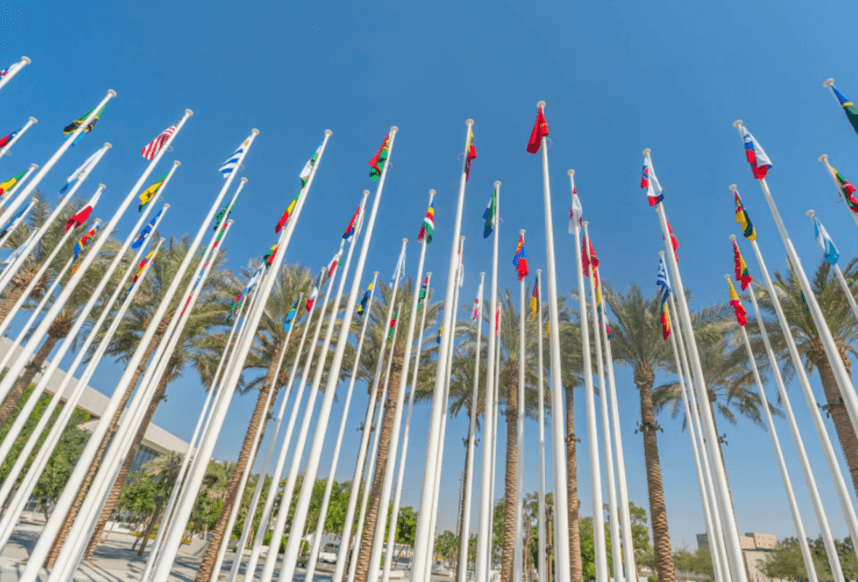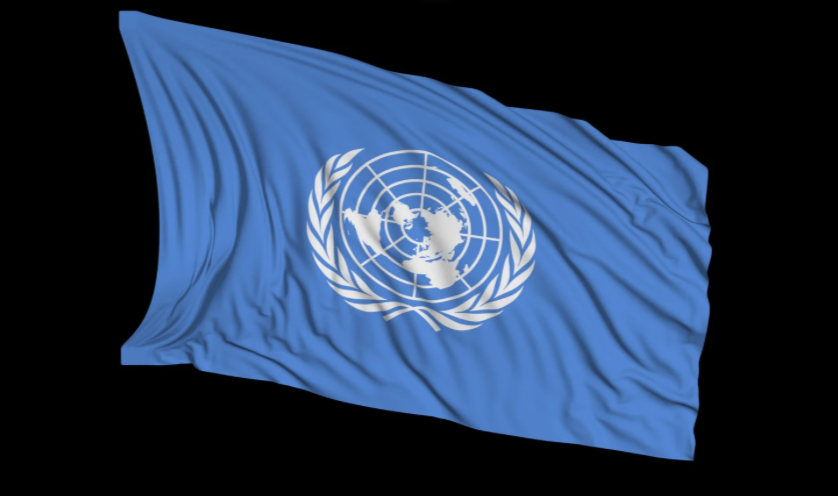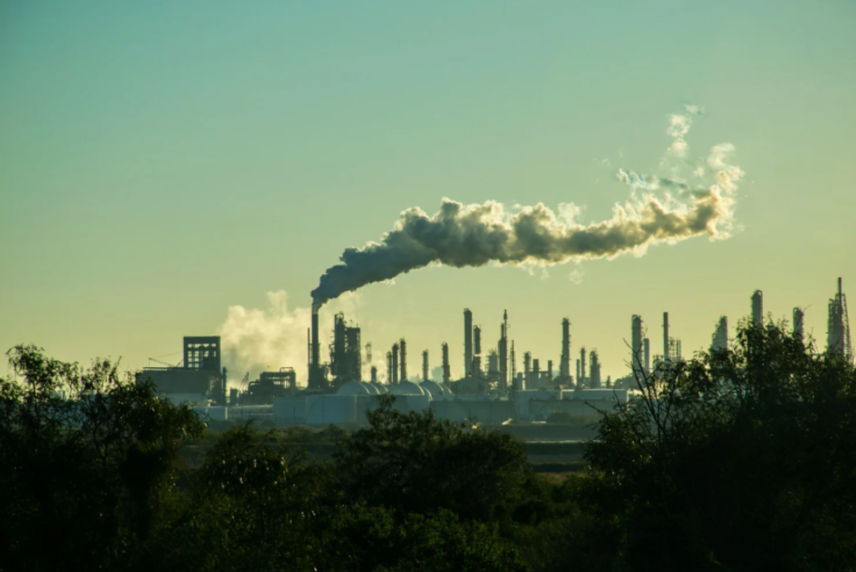What is COP?

Updated at 2025-08-22
They take place under UN frameworks and offices like UN Climate, Convention on Biodiversity, UN Convention to Combat Desertification, respectively. The decisions agreed by the countries in them, represent the mandates, directives, and processes that countries and UN Institutions are to follow on the topic until another mandate is made.
The term is most recognized when speaking about the decisions that countries make for the climate within the UN Climate COP. The conference brings together representatives from the countries that have signed the United Nations Framework Convention on Climate Change (UNFCCC), with the goal of reviewing and strengthening global climate efforts. COP has played a crucial role in shaping major climate agreements, such as the Kyoto Protocol and the Paris Agreement.

Why is the Climate COP held?
The main purpose of the Climate COP is for countries to coordinate efforts to tackle climate change, reduce greenhouse gas emissions, and adapt to its impacts. Participants assess how well nations are fulfilling their climate commitments and negotiate new measures to avoid and prevent the consequences of climate change. After the decision was made on the temperature rise we can afford within the Paris Agreement, each year discussions focus on how we are going to keep within this limit. It includes discussions on a multitude of topics, among which funding for climate action, and support for developing countries in their transition to a sustainable future are included.
Background and History
The first COP meeting took place in 1995 in Berlin, Germany, and it has been held annually ever since. The location of the conference rotates among different regions of the world at the end of the year, with intermediary meetings hosted in Bonn, Germany, where the UNFCCC Secretariat is based during the German spring. As the location rotates, the COP presidency rotates with it as it is held by the hosting country. Locations are rotated with the aim of ensuring that the discussions reflect a wide range of perspectives. The decision of where future COPs are to take place is made by the countries within the COPs.
Key COP Meetings Through the Years
Over the years, several COP meetings have led to significant climate agreements:
- COP3 (1997, Kyoto, Japan) – Led to the Kyoto Protocol, the first international treaty that legally required industrialized countries to reduce greenhouse gas emissions.
- COP21 (2015, Paris, France) – Resulted in the Paris Agreement, where nations committed to limiting global warming to "well below" 2 degrees Celsius, with an ambition to keep it under 1.5 degrees.
- COP26 (2021, Glasgow, UK) – Strengthened global climate ambitions and led to the Glasgow Climate Pact, which called for increased climate protection measures, and for the first time for countries to phase down unabated coal power and inefficient subsidies for fossil fuels and.
What is discussed at COP?
Each COP meeting addresses several critical climate issues:
- Emission Reductions – How countries can cut carbon emissions and set new climate targets.
- Climate Finance – How funds should be allocated to help nations adapt to climate change and transition to green economies.
- Climate Adaptation – How societies can protect themselves from extreme weather, rising sea levels, and other climate impacts.
- Just Transition – Ensuring that all countries and communities have fair opportunities to participate in the global transition.
- Technology and Innovation – Exploring new solutions for a more sustainable future.
Criticism of COPs held in Oil-Producing States
In recent years, the choice of host countries for COP meetings has sparked criticism, particularly when the hosts are major fossil fuel producers given that the presidency of each COP has a strong influence on the agenda and the documents drafts from which conversations are held. One example is COP29, which was held in Baku, Azerbaijan. The country is one of the world's largest exporters of oil and gas, with fossil fuels making up about 90% of its export revenues. President Ilham Aliyev has described Azerbaijan’s fossil fuel resources as a "gift from God" and has plans to increase gas production in the coming years, primarily for export to Europe.
Ahead of COP29, climate advocates, including Greta Thunberg, raised concerns about a nation so deeply tied to fossil fuels hosting a climate summit. Thunberg participated in protests outside Azerbaijan’s embassy in Georgia while the conference was taking place in Baku.
Similar concerns arose before COP28, which was hosted by the United Arab Emirates, another major oil producer. Civil society representatives feared that the host country would restrict opportunities for climate activists to voice their concerns, given its tight control over freedom of speech and assembly. This ongoing criticism highlights the challenges of having nations with strong fossil fuel interests hosting climate summits, raising questions about the credibility and effectiveness of negotiations.

The Future of COP
COP remains one of the most crucial platforms for global climate negotiations. While many decisions take years to implement, COP has helped establish stronger climate goals and drive the development of renewable energy and sustainable solutions. Future COP meetings will be key in determining whether the world can meet its climate targets and limit global warming.
In 2024 a letter was signed by 20 experts where the importance of COP was recognized, but asked for a reform on how they are held. They asked for an overhaul of the process so that talks would focus on properly following up implementation of the agreed commitments, rather than on negotiating. Signatoires of the letter included former UN Secretary General: Banki-Moon, and former UNFCC lead Christiana Figueres. As of now, an answer to the letter is not known to have been provided.
Summary
COP (Conference of the Parties) is the UN’s most important climate summit, where countries negotiate and review climate actions. It has led to major global agreements such as the Paris Agreement and continues to set the agenda for emissions reductions, climate finance, and adaptation efforts. Held annually, COP plays a vital role in pushing the world toward a more sustainable future.
Related content
Here you can find articles and pages relevant to this subject.